ASUS VivoBook 15.6″ FHD Display, AMD Ryzen 3 3200U, 4GB DDR4, 128GB SSD, Windows 10 Home in S mode, Slate Gray, F512DA-WH31 (Google Classroom Compatible)
Whether at paintings or play, ASUS VivoBook 15 is the compact computer that immerses you in something you set out to do. Its new frameless four-sided NanoEdge show boasts an ultraslim five.7mm bezel, giving an super 88% screen-to-body ratio for supremely immersive visuals. The ErgoLift hinge design additionally tilts the keyboard up for extra comfy typing. VivoBook 15 is powered by as much as AMD R3 processor with AMD Radeon snap shots that will help you get matters performed with the least amount of fuss. This object become manufactured in 2020.
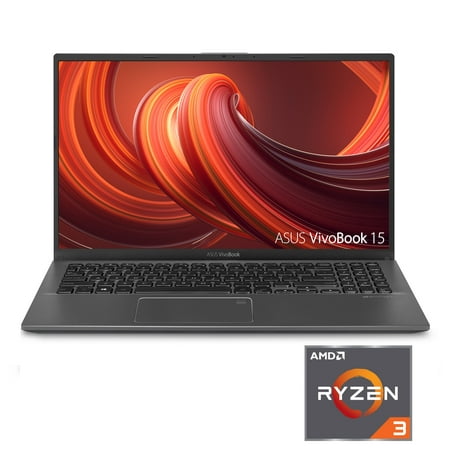




Slate Grey coloration, 15.6-inch FHD with 4-sided wider NanoEdge bezel show with beautiful 88% screen-to-frame ratioPowerful AMD R3-3200U Up to three.5GHz Processor4GB DDR4 RAM and 128GB M.2 SSD storageAMD Radeon Vega 3 graphic with Windows 10 Home in S modeErgonomic chiclet backlit keyboard with fingerprint sensor activated via Windows HelloExclusive Ergolift layout for advanced typing position and heat dissipation Comprehensive connections inclusive of USB 3.1 Type-C , USB 3.1 Type A, USB 2.zero, and HDMI; Wi-Fi five/802.11ac Wi-Fi Google Classroom Compatible

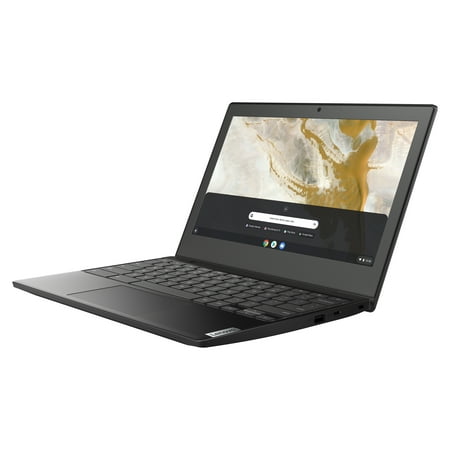
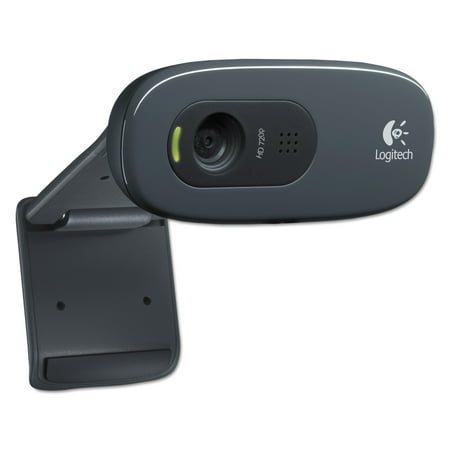
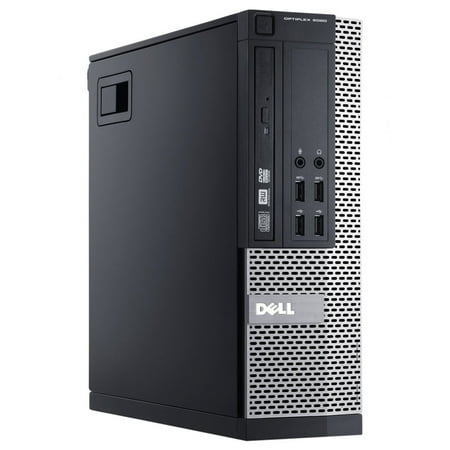
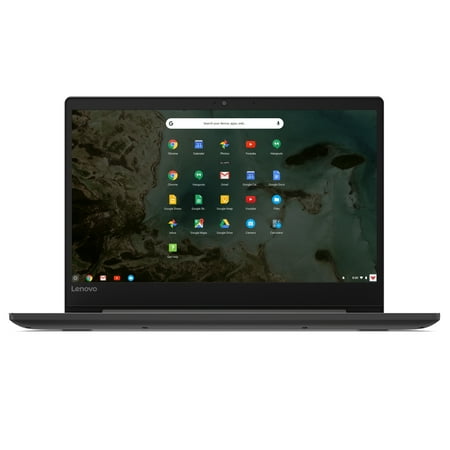
Reviews
There are no reviews yet.